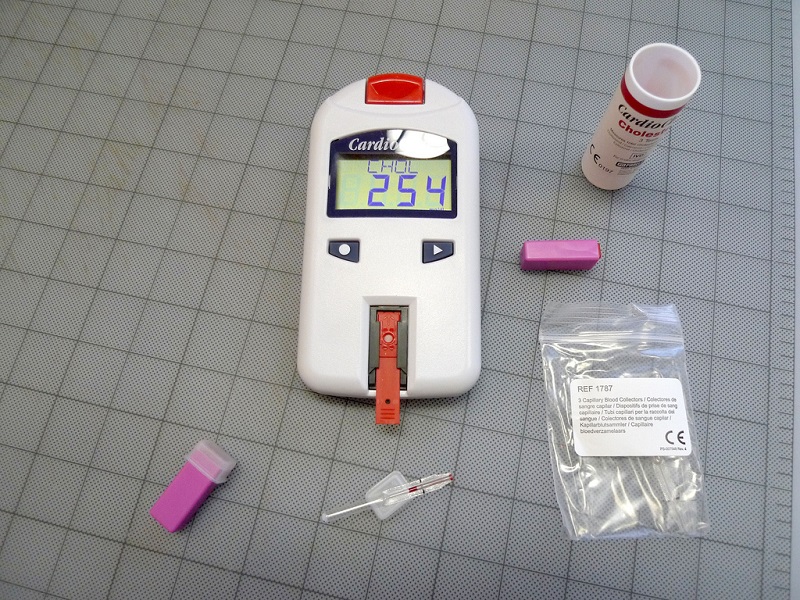-
Tips for becoming a good boxer - November 6, 2020
-
7 expert tips for making your hens night a memorable one - November 6, 2020
-
5 reasons to host your Christmas party on a cruise boat - November 6, 2020
-
What to do when you’re charged with a crime - November 6, 2020
-
Should you get one or multiple dogs? Here’s all you need to know - November 3, 2020
-
A Guide: How to Build Your Very Own Magic Mirror - February 14, 2019
-
Our Top Inspirational Baseball Stars - November 24, 2018
-
Five Tech Tools That Will Help You Turn Your Blog into a Business - November 24, 2018
-
How to Indulge on Vacation without Expanding Your Waist - November 9, 2018
-
5 Strategies for Businesses to Appeal to Today’s Increasingly Mobile-Crazed Customers - November 9, 2018
Many People Who Would Benefit from Statins Aren’t Taking Them
High cholesterol level is a major risk to cardiovascular diseases. Cholesterol-lowering drugs like statins have been shown to reduce people’s risk of heart disease and stroke. The CDC has also pointed out about the cholesterol treatment gaps being more found in minority sections in America than whites.
Advertisement
Within these groups, results showed differences in adults who were taking medications; 52.9% of men vs. 58.6% of women (P =.01) and 58% of whites vs. 47.1% of Mexican Americans vs. 46% of blacks (P .001).
While the study included all types of cholesterol-lowering medication, 90% of those taking a medication were using a statin.
Many of those eligible for cholesterol-lowering interventions are not taking them up.
“Nearly 800,000 people die in the USA each year from cardiovascular diseases – that’s one in every three deaths – and high cholesterol continues to be a major risk factor”, study researcher Carla Mercado said in a statement reported by LiveScience. As per the new guidelines, cholesterol-lowering treatment has been recommended for all adults having a history of cardiovascular disease and for those having diabetes and adults aged between 40 and 75 with cardiovascular risk factors and bad cholesterol ratings between 70 and 189 mg/dl.
The new study makes clear that public health authorities bent on preventing heart disease and stroke have their pick of a lot of low-hanging fruit.
Who should take the medication?
The CDC said fewer than half of people with high cholesterol and who either have heart disease or are at risk for it are being prescribed drugs cholesterol-lowering drugs they could benefit from, according to the agency’s latest Morbidity and Mortality Weekly Report.
A new report may change how you think about cholesterol.
Among Mexican-American adults, it is thought that roughly a quarter should be taking a cholesterol-lowering drug.
People ages 40-75 with LDL cholesterol levels of 70-189 mg/dL and an estimated 10-year risk of heart disease of 7.5 percent or more.
According to the National Health and Nutrition Examination Survey, only about half the population of the United States is actually on their anti-cholesterol medicine, with some disparities between ethnicities.
Advertisement
However, when the researchers reviewed the data within the last nine years beginning in 2005, only 55.5% take cholesterol-lowering drugs. Among the 78.1 million adult Americans who were either taking the medications or considered candidates for cholesterol-lowering treatment, 46.6 percent reported they had made lifestyle changes such as exercising more, losing weight and eating a more heart-healthy diet.





























